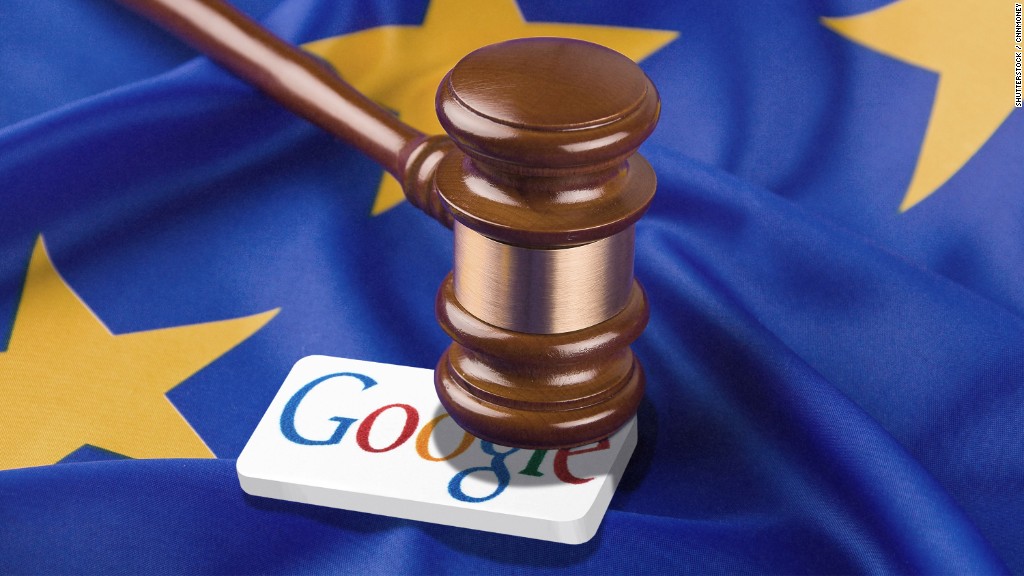
After seven years of investigation, the European Commission yesterday announced a record fine of 2.42 million euros (approximately $2.7 million) against Google for abusing its position of market dominance through its product comparison service known as Google Shopping. Not only are we facing a historic fine for the amount (It surpasses the 1.06 million euros (approximately $1.2 million) with which the EU sanctioned Intel in 2009), but we are also facing a ruling that will force the search engine to change the modus operandi of its search algorithm in European territory.
Google monopolizes 90 percent of internet searches made by Europeans. We believe that the EC does well to control the practices of the American giant and impose its rules of the game so the colossal size that the search engine has reached in Europe does not restrict competition. In the new digital economy in which our companies have to develop their business, it is vital that the channels — including the search engines — that companies need to connect with their potential customers or buyers are subject to fair and clear regulations. It is also essential that regulation adapts to this new digital reality to allow users to benefit from the innumerable advantages offered by the network and not infringe their rights.
The Google Shopping conflict is based on the different interpretations of this platform made by the EC and the search engine. The U.S. multinational sees this service as a space where companies that want to sell their products are displayed, and the consumer can use it to compare prices and, if appropriate, buy the product directly while doing a search on Google. However, Brussels sees it as a platform that takes a leading role in the searches (the top of the screens of the devices) and is intended to help Google’s own business to the detriment of other comparisons to which the user can access only through an average of four pages of searching.
According to the commission, the first 10 results of a computer search account for 95 percent of the traffic — a percentage that is even greater in the case of mobile phones. With this argument, we consider it pertinent for the EU to compel Google to change the practices of Alphabet, the matrix of its search engine, to enable competition.
The company claims that other platforms, such as eBay or Amazon, also offer such services. But the key is that the algorithm submits these platforms to the same process as the other competitors: number of clicks, user profile preferences and advertising.
It must be pointed out that having a dominant position is not illegal under EU antitrust laws. But with this opinion, Brussels wants to make it clear that leading a market in Europe forces companies to have a “special responsibility,” as the commission has pointed out. This is especially important in the case of the internet, where not only the interests of entrepreneurs and consumers are involved, but also citizen access to communications and to the “knowledge society.”
Google, which of course has expressed its complete disagreement with the outcome of the EC investigation, is now entitled to present its allegations, and, if appropriate, appeal this severe fine that represents 5 percent of its worldwide turnover.
This battle is not the only one that the searcher has open in Europe. The EC also has two other files open for its advertising business AdSense and its Android operating system, thanks to which most of Europe’s mobile phones work.
It would be desirable to speed up these investigations, since this conflict has been going on for almost a decade — an eternity in a reality that is changing as much as the digital one.

Leave a Reply
You must be logged in to post a comment.